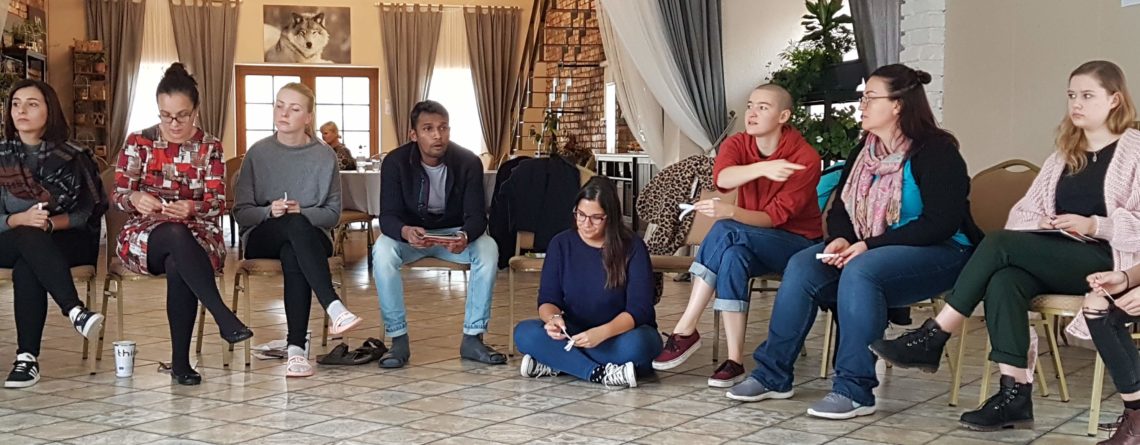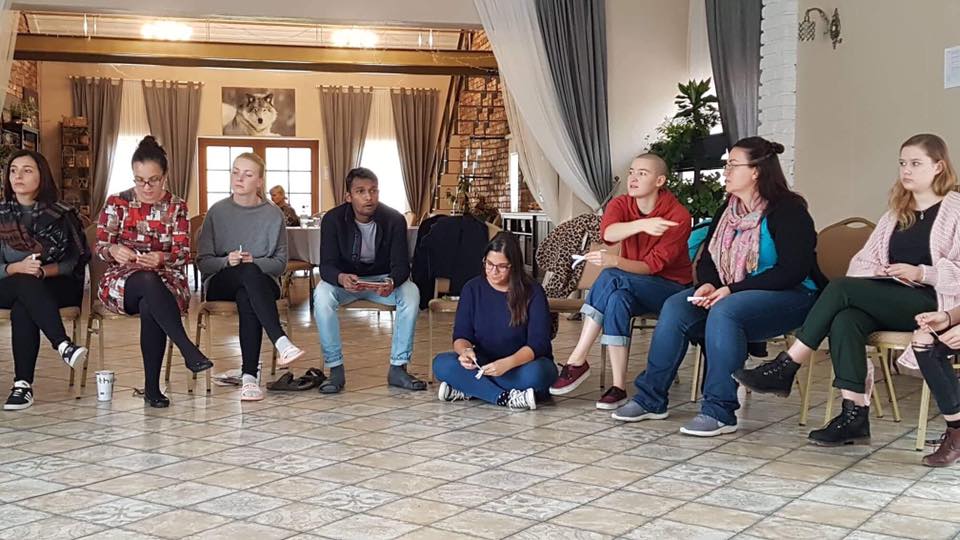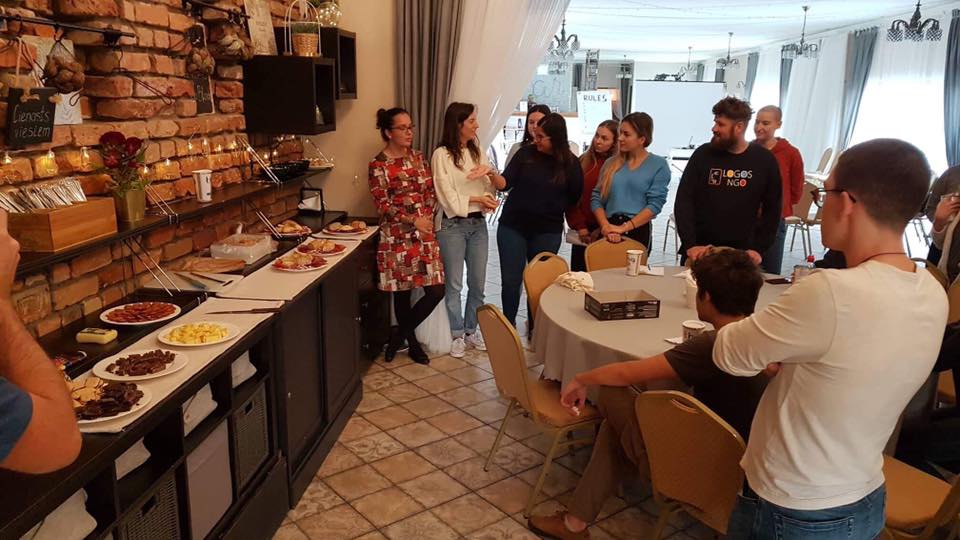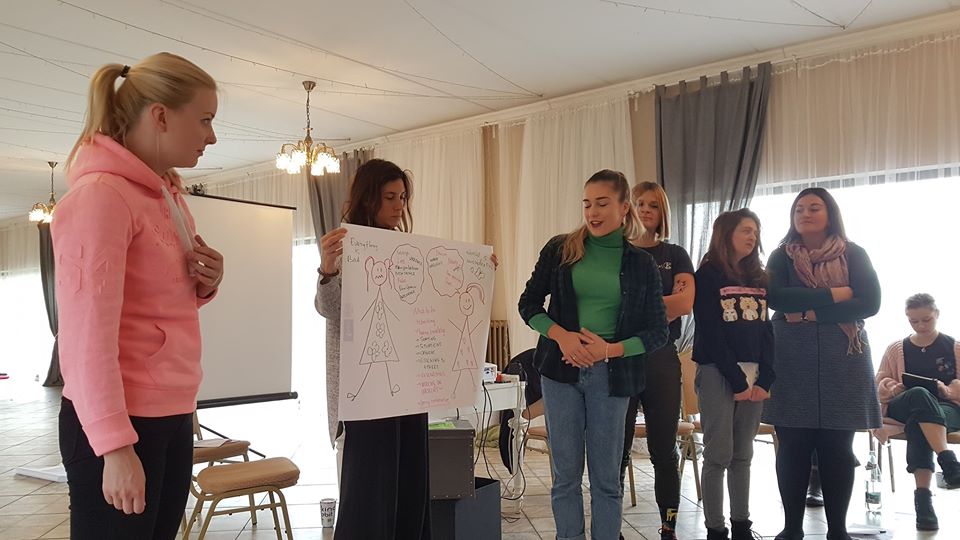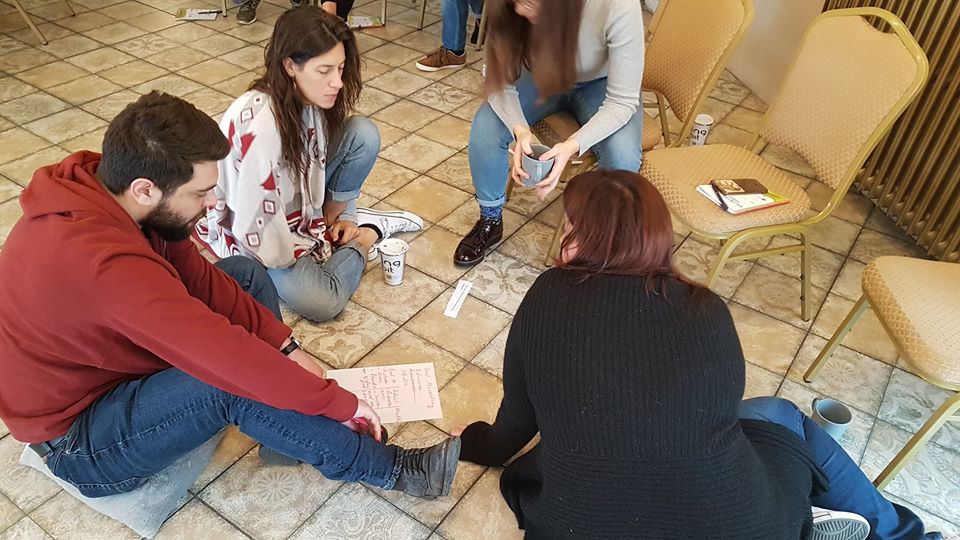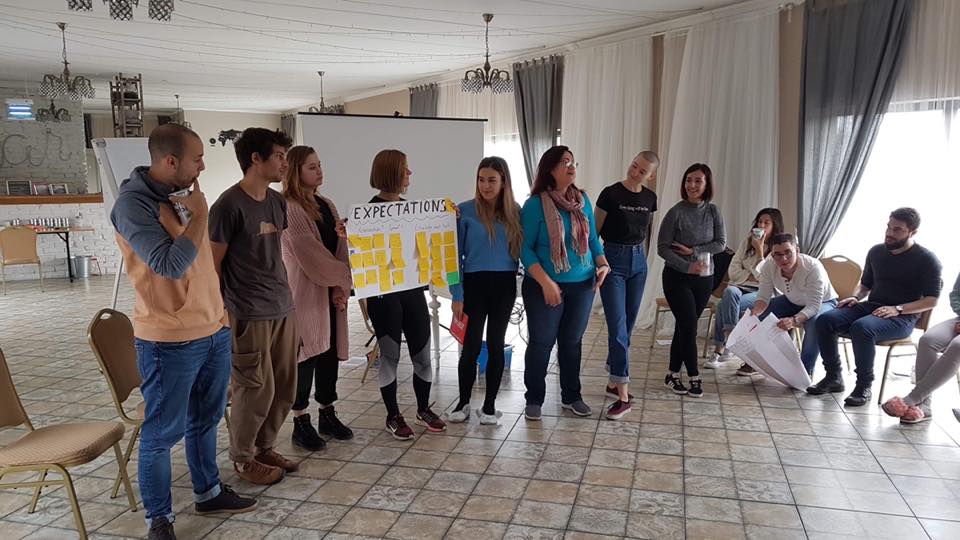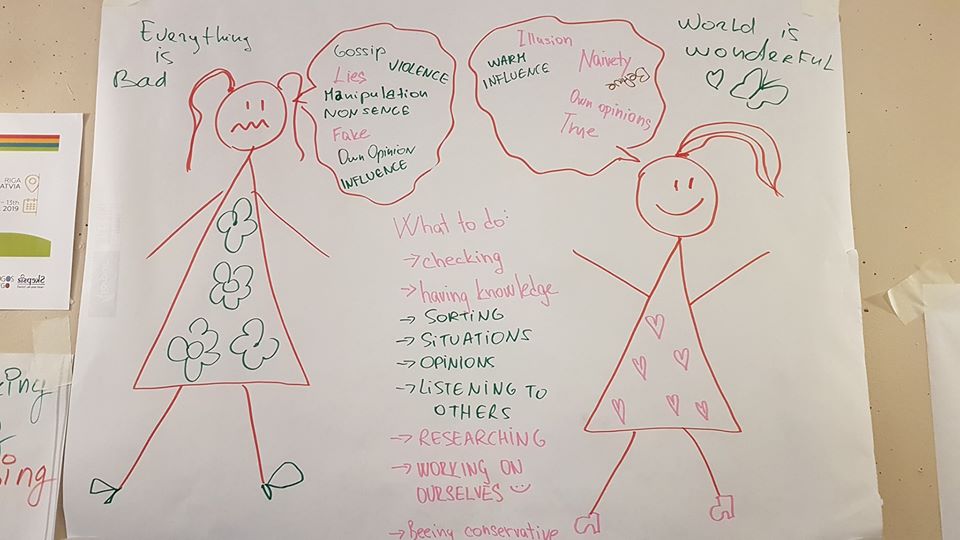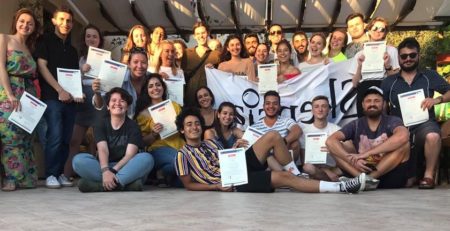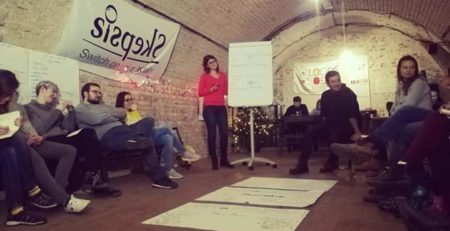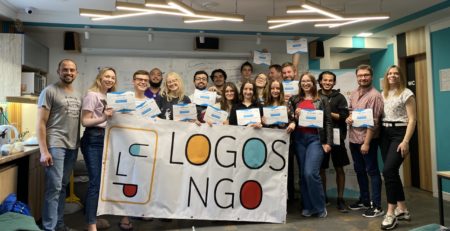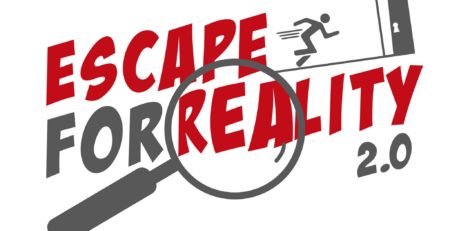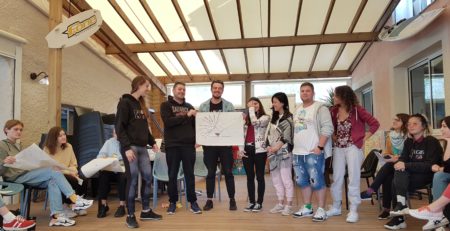Thinking habit. Riga, Latvia, 2019
About the project
“Thinking habit” was an international training course that took place in Latvia between 6th and 13th of October, 2019. At this training course, we worked with youth workers to develop their critical thinking skills. We also created workshops to develop critical thinking in local communities. This training course was developed by Logos and Baltic Regional Fund and implemented within Skepsis framework. The project was made under Erasmus+ programme and supported by the Latvian National agency.
Project aim
Our aim was to increase critical thinking skills among youth leaders, youth workers and NGO activists and their stakeholders through learning about tools and methods to improve critical thinking and by creating tools and workshops which later would be used in local communities.
Objectives
- Increase critical thinking skill which is a relevant skill not only for civil society but for youngsters striving to be employed as well
- Improve quality of youth work in partner organisations through cooperation between them and/or other stakeholders within the Skepsis
- Promote active citizenship and and understanding of democratic processes through knowledge on critical thinking and media literacy
- Create tools and workshops about critical thinking for youth workers which can later be applied at local communities
- Fight fakes, propaganda, prejudice, misinformation,etc.
- Develop new activities within the Skepsis to have better continuation and spreading of ideas about critical thinking
How did it go
At the training course, we started with learning about basics of critical thinking and media literacy, diving into the world of fakes, biases, logical fallacies and conspiracy theories. After that participants developed their own ideas for workshops about critical thinking and media literacy. At the end of the training course, we made an open event open for external guests. At this event, attended by almost 50 people, we introduced the idea of Skepsis movement and presented workshops made by participants.
Workshops made by participants
Below you can find results of participants’ work – workshops that were created at the training course.
How to make a decision using critical thinking – “Are you well equipped to take decisions“. This workshop was originally prepared for the people who are taking leadership roles in NGOs and are looking for a ways to make decisions within their organisations. But as we practiced the workshop we found out that it can be applied to anyone who is in the process of making a decisions, including personal
ones. At the project we tested the method on about 10 people, who managed to take decisions on issues they had.
How to recognise fake news using CRAAP method – “Cut the CRAAP”. This workshop was developed by the group of participants who wanted to have an easy tool to detect fakes in media. It was originally created to be used during the upcoming Youth Exchange that one of the participants was preparing. CRAAP method is about analysing the article with 5 different arguments: Currency, Relevance, Authority, Accuracy, Purpose.
How to spot fake news – “Do you news?”. This workshop has its goal of introducing learners to basic concepts of critical thinking and media literacy. It can be used in the class by teachers with some practical examples and debates included.
Applying critical thinking when using social networks – “Mind in action”. At this workshop, there were several learning objectives – to present the tool to recognise truth from false, to bring participants attention to the content they consume, to make learners think before they post something in media. Main specifics of this workshop is that it is about social media usage and this is one of the most important topics today.
Affect of media on young people’s life – “Should we believe in media?”. This workshop is mainly about the media and helps learners to understand that not all that seem true is true and also to identify pros and cons about social media framing. Also this workshops includes many visual examples of fakes and misinformation which would be interesting for young people.
How our background affects how we perceive information – “Tell your story”. At this workshop, learners get to see how their background affects the way they see the information. What makes this workshop different is that it can be made for young people aged 7-14.

